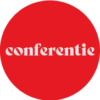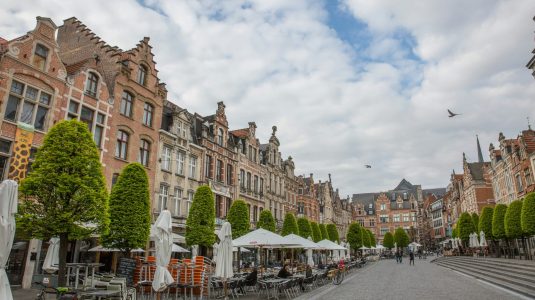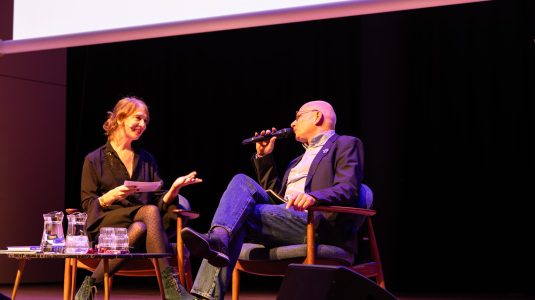Juliana Ruhfus was born and raised in Germany. After finishing her schooling she found work with the Goethe Institute in Dar es Salaam, Tanzania, where she began studying Swahili. A year later she moved to the UK to study for a degree at the School for Oriental and African Studies (University of London). Her knowledge of Africa landed her work in television and once given the opportunity to develop and produce a series called ‘Investigating Asia’ (Diverse Productions/ BBC, 1997). Juliana had also become hooked on investigative work. Over the following years she continued working in TV. She also worked twice as an expert consultant to the UN Security Council Sanctions Committee, where she was tasked with investigating breaches on the arms embargo on Somalia. In Kortrijk, she will talk about her vast experience as a war journalist. Part 4 in a series about speakers and trainers at the upcoming VVOJ conference in Kortrijk.
by Rachel Levy
Many journalists feel that tools are more important than knowledge in order to be a full-fledged investigative journalist. Meaning, knowing how to investigate a story is more important than knowing the facts of a particular theme. What is more important if you want to be an investigative journalist – knowledge, or tools/skills?
I do think that tools have become a lot more important in journalism especially because of the massive importance of financial stories. But if you look at the really big stories such as the Murdoch phone hacking case old fashioned skills of recognizing a story in the first place, pursuing it with tenacity, cultivating sources and solid writing do prevail. The argument that ’tools will do the trick’ reminds me a bit of the situation fifteen years ago when video cameras hit the market and suddenly everyone who could shoot became a ‘director’. But knowing how to shoot something does not mean you know how to make a film, that requires editorial and journalistic skills, too. It seems to me that every time technology evolves, it becomes the focus of a new form of “journalism” when really what it does is add to what’s out there without taking away from core skills.
You have worked in conflict zones for many years. Has the work in contemporary conflict zones changed for journalists compared with twenty years ago? If so, how?
Yes it has massively changed on a number of levels. Firstly, the conflict in the 90’s were post-cold war conflicts especially in Africa where western reporters were considered ‘independent’ observers so we were pretty much safe. If we are looking at today’s conflicts in Afghanistan, Syria, Somalia – these are all places where western journalists have become the target. It is way more dangerous to cover these conflicts now and there are a number of places where we simply can’t go anymore.
On the ground the players in a conflict are also less inclined to let us in or to speak to us. In the 90’s Peter Bergen interviewed Bin Laden for CNN, that would be unthinkable today. Everyone is now broadcasting themselves via social media to control the message (as ISIS so aptly demonstrates), we are no longer ‘needed’. Victims of conflicts, too, are less inclined to talk. They have seen reporters come and go over the past decades and frequently question if ’telling their stories’ has any impact at all other than keeping us in work.
The one positive trend that I have seen is the emergence of some really strong reporters in regions that used to be dominated by foreign correspondents. Reporters in the Middle East, Africa and Asia often come with much better access and knowledge and they also question the western master narrative that was so dominant for such a long time.
How you prepare yourself as a journalist when you are on your way to a war for the first time?
The question is really hard to answer without knowing more about who the journalist and where he/ she is going to. Are you a freelancer or an employee in an organization? Are you alone or in a group? Is it a conflict where the journalist is at risk of being a target?
The only thing that I can say generically is that in addition to all other preparations just read, read, read. I am often amazed how thin the layer of knowledge is when people travel.
If I go to a place for the first time everything matters to me: daily Google news alerts, history, anthropology, even novels to get into a mindset and to understand the key dynamics and social fault lines. It means stronger editorial and risk assessment and also helps improvise more creatively when things don’t go according to plan.
You have covered fraud and corruption in Africa. Is it more or less difficult to do investigative work like you did, if you white, on a black continent?
That depends on the story. I tend to look at an investigation closely to see if I can bring something to it or if a local journalist can do it better. With the pirate fishing story in Sierra Leone the Environmental Justice Foundation took us out to film illegal trawlers and they wanted to work with us. I think it would have been quite difficult for a resident Sierra Leonean journalist to pursue the investigation to the level we did (e.g. navy corruption) and then continue to live in the country safely. So I felt there were reasons for me to do it as an outsider.
On the other hand you have African investigators like Anas Aremeyaw Anas from Ghana who specializes in undercover work and collaborates with African law enforcement agencies so there are things he does that I or any other white person couldn’t do.
I think wherever you are the question is: what do I bring to the investigation that others don’t have and that will make me succeed? Do I have a skills, contacts, a whistleblower, leaked documents or anything that puts me ahead of the story? On the ground it’s about good people skills wherever you are and cultivating contacts instead of just milking them. That’s often overlooked, the importance of being really respectful to people wherever you are. Nobody owes us a story.
Journalists often compare the current Ebola-epidemic in Africa to a war-like situation. Is this correct in your view? Why (not)? Please explain.
I can’t really see whey this comparison would lead to useful conclusion whatever the answer is? Beyond news reporting the points that matter are that far too many people are dying and that ebola could have been contained much earlier. So I think journalists who cover Ebola need to ask why the response came in this shape, who was responsible and whether or not there were any vested interests.
The more I think about the war comparison, the less helpful I find it. Wars invite a militarized response and that in turn is likely to dehumanize people. It’s the last thing the countries need when faced with an illness that is transmitted by physical contact and therefore makes compassion that much harder …








